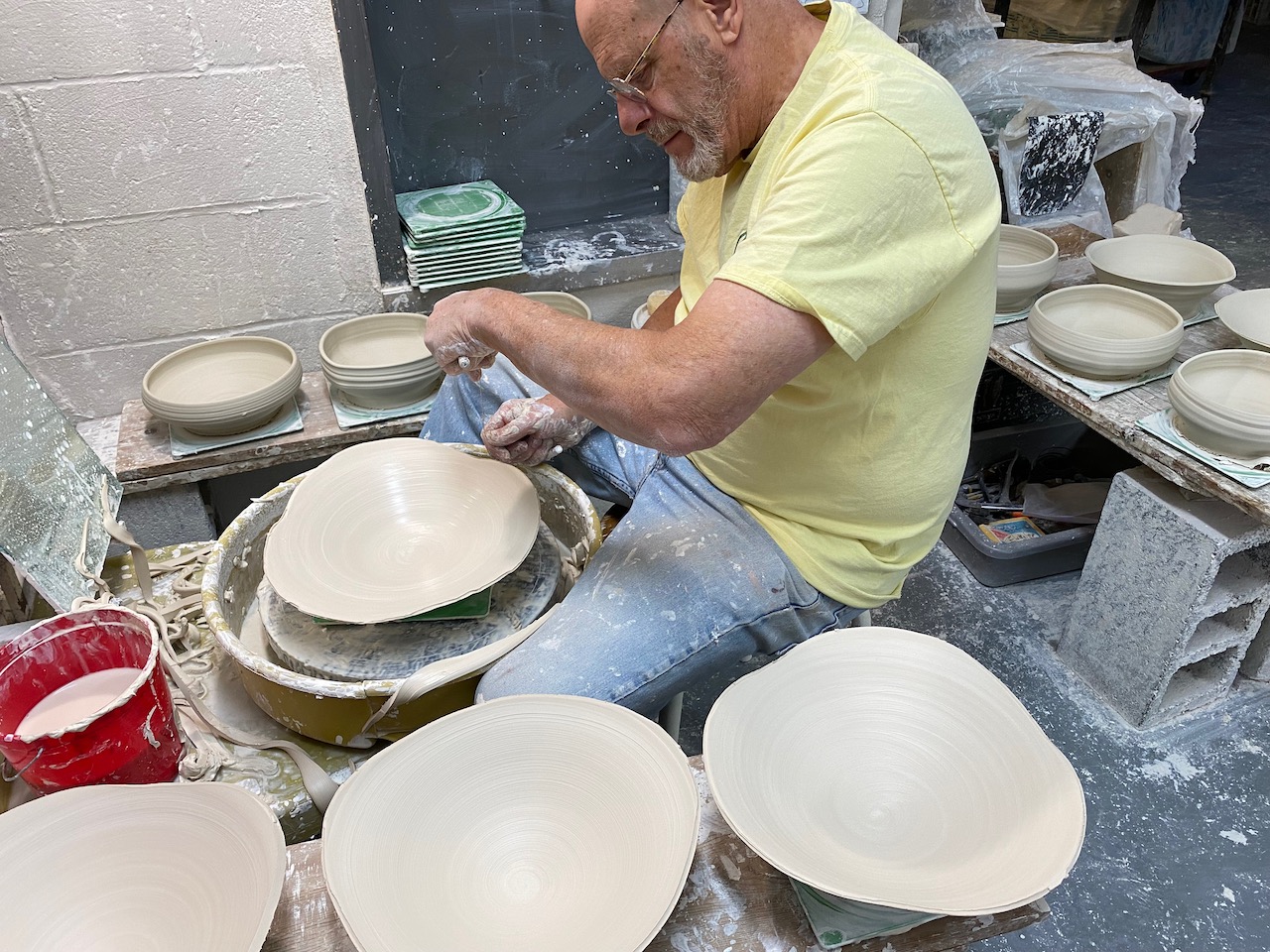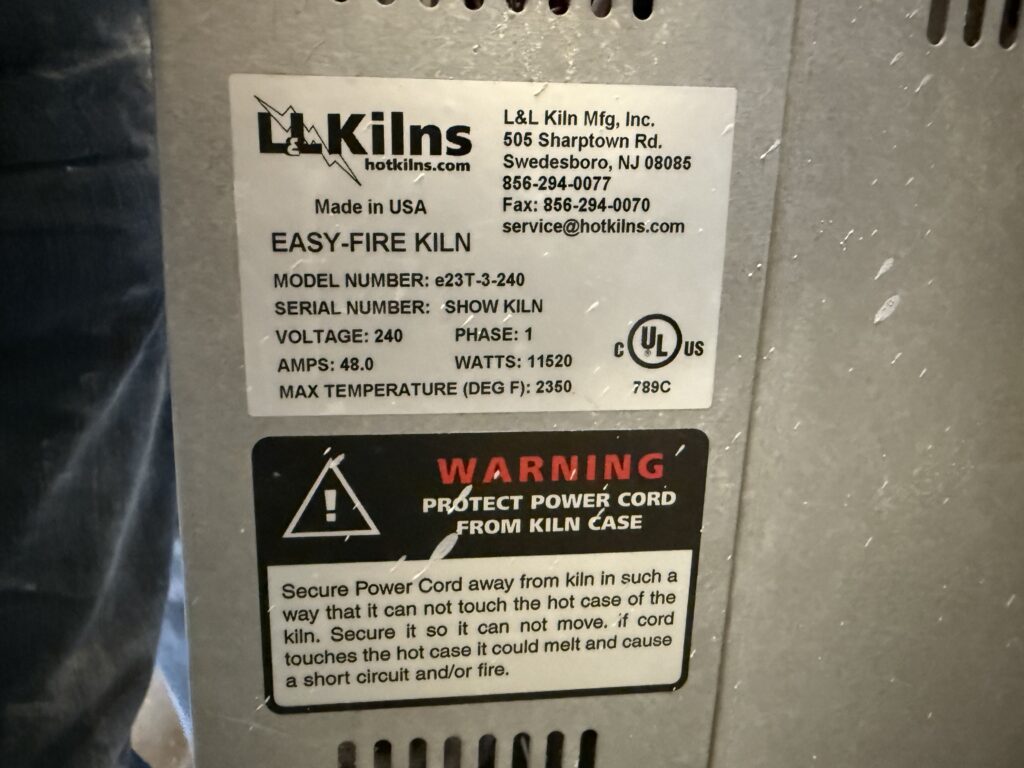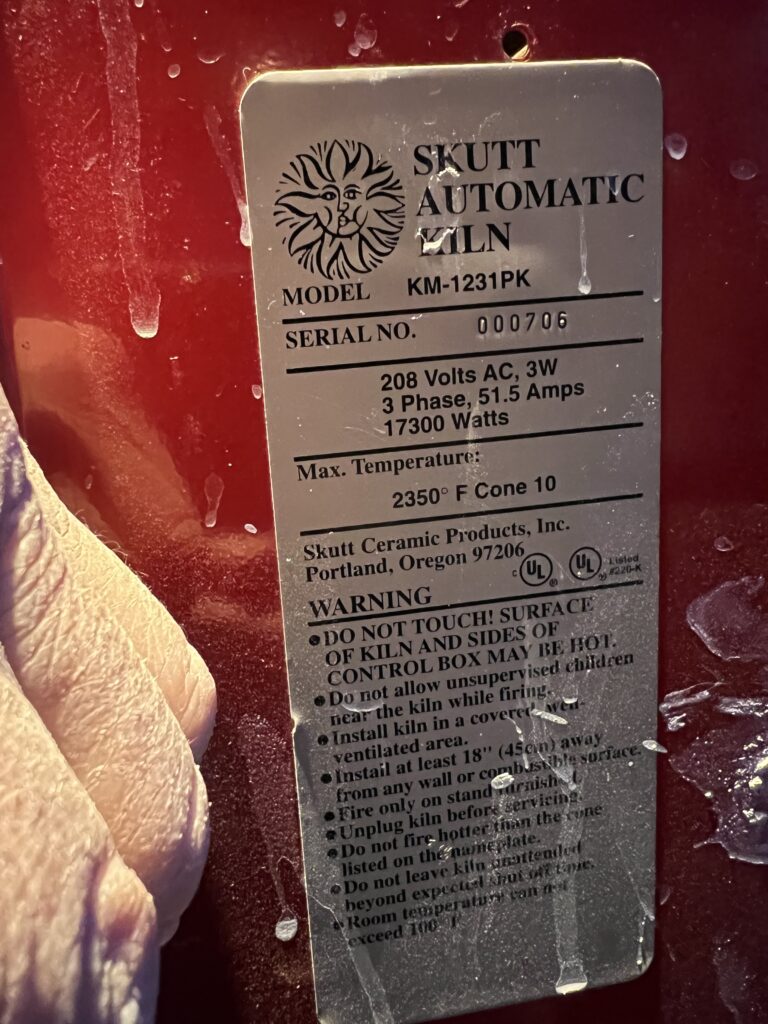
Having total control of your studio space; being able to work from home; freedom to make what you want, when you want; that is the dream of many potters.How do you get there? Here are some thoughts on this subject.
The workshop went pretty well and covered most of the things on my list. Here is a list of what I wanted to cover. Next workshop we can drill down a bit. Please tell me what you want in the comment section below.
If you attended and have videos or notes please share and upload them. I’ll enclose a link for uploading. Click to upload. Alternatively you could upload them to dropbox and send me a link.


Filmed by Amelia O’Leary